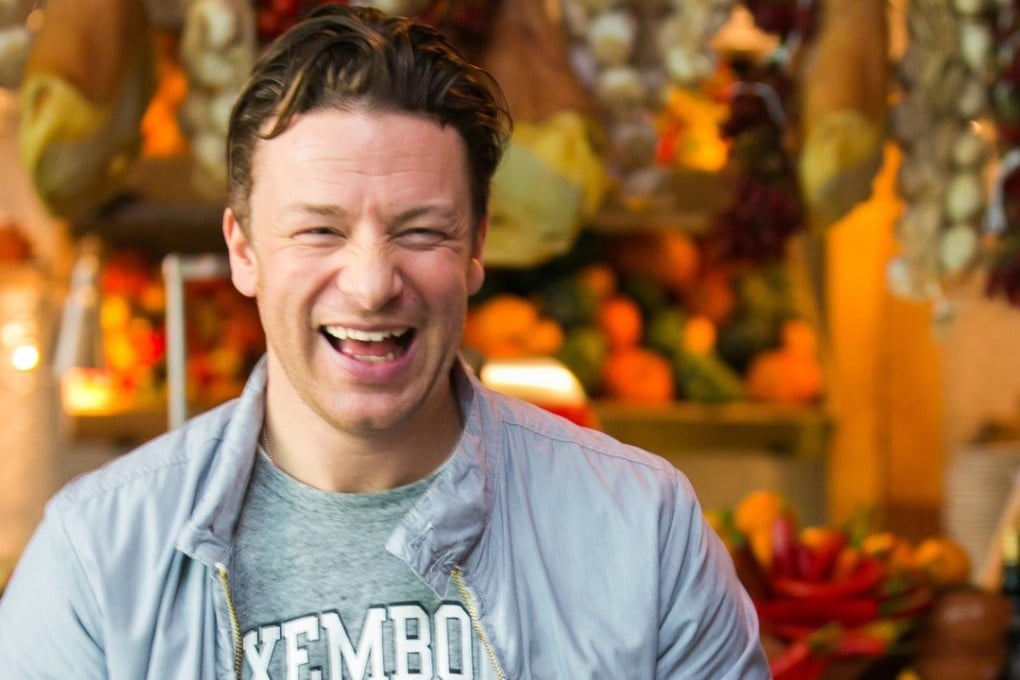Chefs and cultural appropriation: Jamie Oliver not the only one in the firing line
British TV chef’s launch of a product whose name includes ‘jerk rice’ provokes pushback from a UK legislator of Jamaican heritage. It’s not the only example of chefs and retailers being accused of appropriating another culture’s food

Recently, British celebrity chef Jamie Oliver launched a new rice product, and gave it the name Punchy Jerk Rice. It didn’t receive universal acclaim. Politician Dawn Butler, the British opposition Labour Party’s spokesman for women and equalities, used social media to accuse Oliver of cultural appropriation.
“#jamieoliver @jamieoliver #jerk I'm just wondering do you know what #Jamaican #jerk actually is? It’s not just a word you put before stuff to sell products [ …]” Butler, whose parents come from Jamaica, wrote on Twitter.
Cultural appropriation has become something of a buzz word of late, especially in the worlds of fashion and food, as these examples show:
1. Can non-Hispanics make burritos?
In the American west coast city of Portland, two white women opened a food stall selling burritos, after visiting Mexico and falling in love with its cuisine.
In an interview with local newspaper the Willamette Week, the pair recalled how difficult it had been to learn the process of making authentic burritos, having observed and documented the process during their trip.